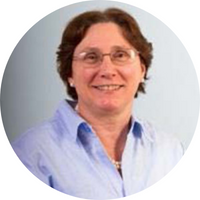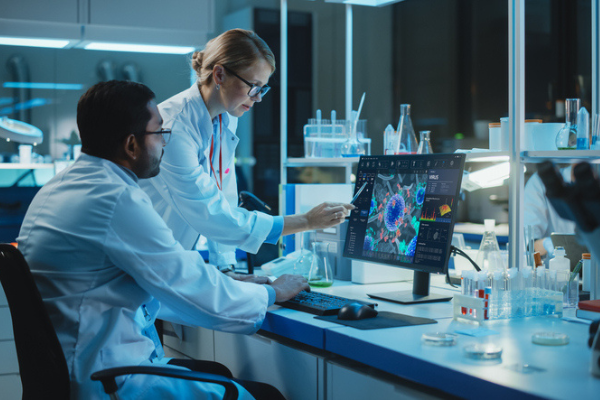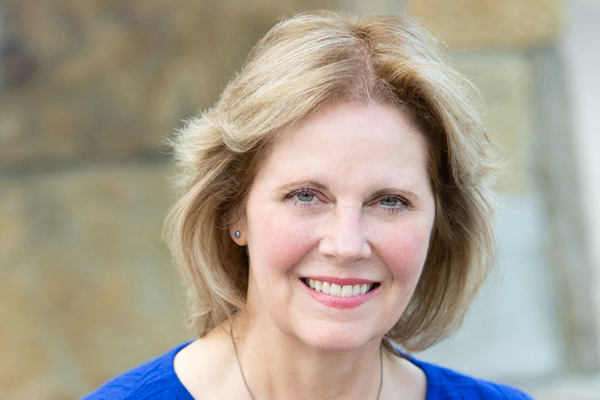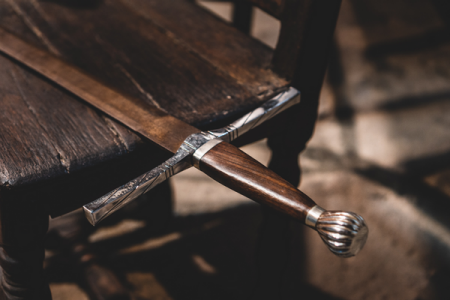
If you were just starting out in your career, would you look to join a larger company like Dow, or a smaller company like Wildcat Discovery Technologies?
Times and companies have changed since I started my career, so either is OK. However, I do think experience in a large company makes an employee more valuable to a small company.
A large company like Dow provides employees broader experience across multiple technologies. In addition, exposure to vital, structured EH&S programs, employee career development, and quality systems might not be available at start-ups. A seasoned employee from a place like Dow can bring many of those experiences to a small company.
Many contributors to ACS Industry Matters have written about the pivotal nature of internships to their personal development and career advancement. How would you assess the impact of your summer internships during graduate school at Chevron Oil Field Research Laboratories in California?
I think internships (undergraduate or graduate) are extremely valuable for chemists – as it can be hard to visualize what industrial chemists spend their time doing. Are they in the lab all day? Desk job? Project management? I had an exciting project during that internship, but mainly I interacted with chemists of all degree levels and got a good picture of what kind of work chemists did for Chevron. It was also cool they took us out to an oil rig off the coast of LA.
What are the key lessons you learned at Dow and Wildcat Discovery Technologies that you expect will propel your new consulting business?
Successful consulting is about knowledge, credibility, and relationships. Many scientists have a lot of knowledge and experience. However, developing external credibility and relationships in a large company like Dow can be challenging. There are fewer opportunities to present at conferences or publish research, especially if you are in a corporate R&D role. A smaller company can provide those opportunities as they are establishing themselves in an industry. This allows scientists to build more external relationships and get known in the industry for their work – both of which are critical to a successful consulting business.
Changing careers can be nerve-racking, particularly when it involves relocating. What was the general approach you took in working through the decision to leave Dow for Wildcat Discovery Technologies?
Changing jobs, moving a family – these are complicated decisions. Ultimately, you have to balance all the good and the less good parts of all options. But in the end, I would say there are usually not bad options. Making changes and doing new things stretches you as an individual, family, and scientist. It’s too easy to do what is safe and stay where you are. I was at a point in my career where I could afford to take a chance, and I have not regretted it professionally or personally. San Diego is a pretty good place to live, as well.
You have advised students to ‘‘figure out what you like to do” as they consider career options. At what point in your life did you discern what you like to do? And what were your next steps once that occurred?
I always liked science, but it took me until mid-career at Dow to realize how much I liked science and what aspect I liked most. I am not the most creative person – the type that will come up with a “brand new” idea that is not obvious. But I very much like to learn new things and solve problems.
When I was working in Dow Analytical Sciences, that was a crucial part of my job supporting what was then Dow Electronic Materials. There were new problems almost every day – and my job was to help the team figure out solutions. Fortunately, Dow Analytical had world-class experts in characterization techniques. My responsibility was to match the expert to the hypothesized problem and bring scientists together as a team to solve it. This was learning about stuff and solving puzzles.
I left Analytical Sciences to join the Dow Ventures group, where I explored new business opportunities in technical areas that were unfamiliar to me – including health care, fuel additives, and lithium-ion batteries. As you might imagine, I had to do much homework to get up to speed. I’ve worked in lithium-ion batteries for a long time and learned the technology from many great people along the way. Add that to the fact that some aspects of lithium-ion batteries are poorly understood and I am back to my favorite learning and problem solving activities. My next step is passing that knowledge on to others through webinars, discussions, and conferences. I feel very fortunate to have frequent opportunities to teach in my current role.
What technology trends are you most closely following that have implications for your consulting work?
Well, I do like batteries! So, I’m always excited to learn about battery technologies that would drive the adoption of electric vehicles. Many challenges remain to overcome to bring costs down and improve performance – like fast charging, improving energy density, and increasing cycle life.
By 2025, would you expect any stock electric vehicles to travel up to 500 miles on a single charge (which is about double today’s maximum)? What technology challenges would have to be overcome to achieve this goal?
If we have fast charge capabilities in the batteries and infrastructure to supply high currents, we don’t need a range of 500 miles. However, I do not expect to have affordable 500-mile range vehicles in 2025.
Which personality trait has been most responsible for your career success?
This is the hardest question. It is hard to know that a self-assessment is accurate. However, my team at Wildcat says 1) I work very hard and 2) I always try to make their jobs easier. It’s hard to go wrong with that approach.
You succeeded in being one of Dow’s first woman R&D Fellows and went on to success in the notoriously male dominated start-up world. What challenges did gender create, and how did you overcome those challenges?
You get used to being the only “girl.” I was the only girl in most of my high school math and science classes. I was the only girl who didn’t take home economics in high school. Many of you probably don’t even know what that is! I got used to not fitting in early on, which helped in some weird ways. At least I was more comfortable often being the only woman in the room later in my career.
During my career, the most challenging times were when people said (directly or behind my back) that I got something (a promotion, a project, an opportunity) because I was a woman. That hurts – don’t do it to others. So, all I could do was work hard and show them I was up to the task because I knew I could do it.
How have your parents influenced your leadership style?
My parents came from rural North Dakota farming backgrounds. All they knew was that they would succeed if their kids got a good education and worked hard. My two brothers and I did that. They didn’t understand what chemists did, what I did, or what Dow did – but they told me to work hard.
What is the one thing you wish you had learned earlier in your career?
Take a little more time off, and allow others to do more for you. A good work ethic is essential, but you forget how to turn it off and relax before you know it.
You have lived in some very cold climates like Midland, MI, Fargo, ND, and Madison, WI. Now you’re in San Diego, where it seems every day is 75 degrees and sunny. Anything you miss about those colder climates?
Haha. I miss my friends and family. I don’t cut a single snowflake, blizzard, ice storm, winter coat, mittens, etc. I am so spoiled here in not thinking about the weather that I have traveled to other places in the winter and forgot a coat.
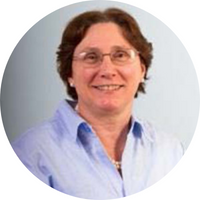
Dr. Dee Strand is CSO at Wildcat Discovery Technologies, a materials discovery company focused on battery materials and other clean energy applications. Dr. Strand has over twenty five years of experience in materials research, development, and commercialization, primarily in the areas of energy storage and electronic applications. Prior to joining Wildcat in 2013, Dr. Strand served as a Research Fellow at Dow Chemical, where she was the technical lead in Dow Energy Materials, as well as the Principal Investigator on external research programs with universities and national labs on battery materials. Dr. Strand completed her PhD in Analytical Chemistry at the University of Wisconsin-Madison.
This article has been edited for length and clarity. The opinions expressed in this article are the author's own and do not necessarily reflect the view of their employer or the American Chemical Society.
Copyright 2020 American Chemical Society (All Rights Reserved)

